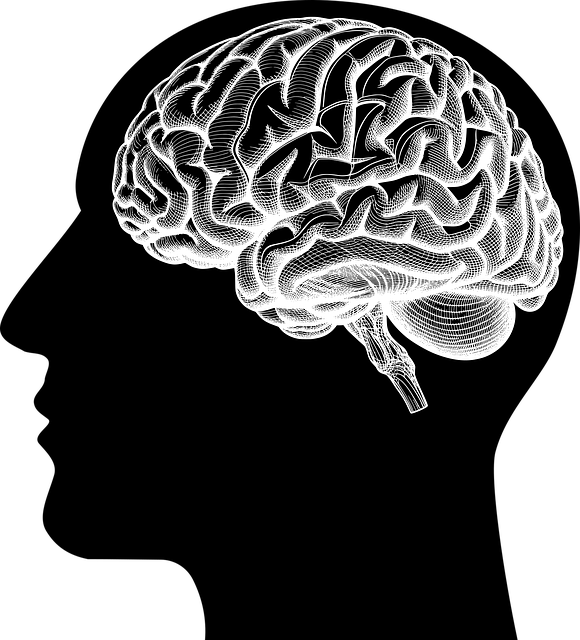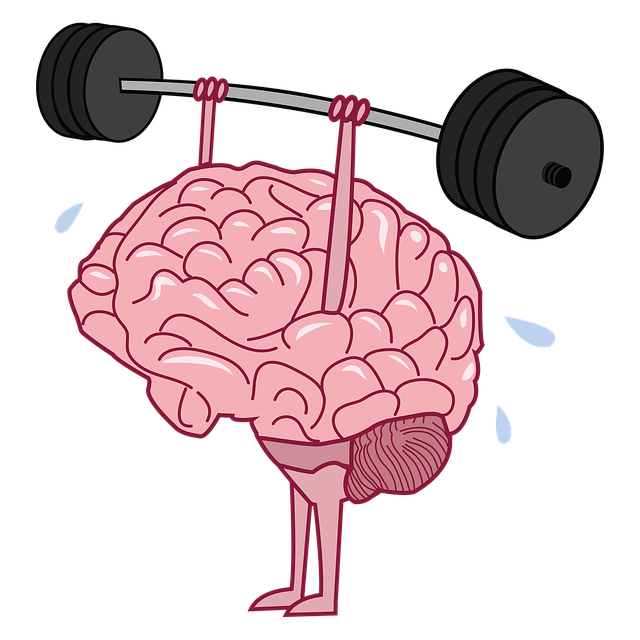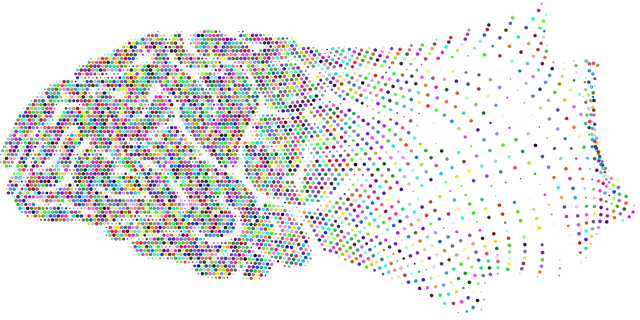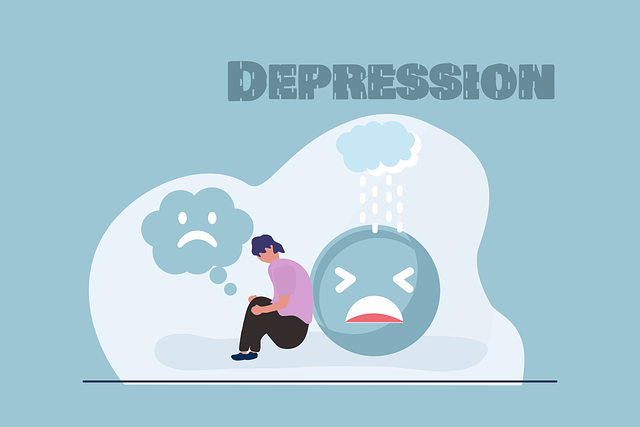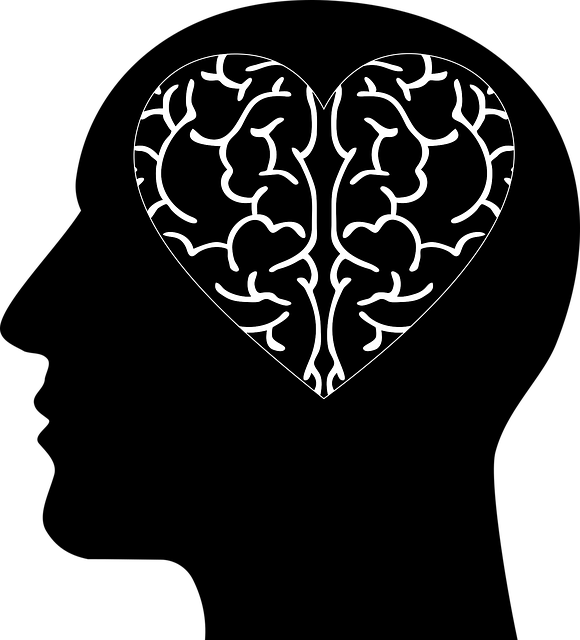Longmont Dissociative Disorder Therapy focuses on complex trauma-driven conditions, using RFM (Resourceful, Flexible, Resilient) model and Resilience Building Exercises (RBE) to restore identity and connection. By cultivating self-awareness, compassion, and safe environments, therapists empower individuals to manage symptoms, build resilience, and lead fulfilling lives despite challenges. This evidence-based approach leverages innovative practices for long-term mental health stability.
“Uncovering the power of therapy for Dissociative Disorder, this article explores a transformative approach combining RFM (Resilience, Focus, and Mastery) techniques with Resilience Building Exercises (RBE). We delve into the profound impact of Longmont Dissociative Disorder Therapy, showcasing case studies and success stories. By integrating RFM, therapists offer a comprehensive strategy to enhance clients’ resilience, enabling them to navigate and overcome dissociation’s challenges. Discover how this innovative practice changes lives, providing hope and healing for those affected.”
- Understanding Dissociative Disorder and its Impact
- The Role of RFM in Therapy: A Comprehensive Approach
- Implementing Resilience Building Exercises (RBE)
- Longmont Dissociative Disorder Therapy: Case Studies and Success Stories
Understanding Dissociative Disorder and its Impact

Dissociative Disorder (DD) is a complex mental health condition characterized by disruptions in an individual’s sense of identity and connection to their environment. It often involves a detachment from reality, leading to episodes where individuals may feel as if they are observing themselves from outside their bodies or experience a distorted sense of time and place. This condition can have profound effects on daily functioning and relationships. Those affected may struggle with memory gaps, confusion, and a feeling of being disconnected from their thoughts and emotions.
In Longmont Dissociative Disorder Therapy, understanding the impact of DD is crucial. The disorder often arises as a coping mechanism in response to severe trauma. Effective treatment involves a multifaceted approach, including communication strategies that encourage self-awareness and emotional expression. Compassion cultivation practices have been shown to be beneficial, helping individuals develop a non-judgmental awareness of their internal experiences. Additionally, mental health professionals must conduct thorough risk assessments to ensure the safety and well-being of both clients and themselves during therapy, as certain triggers or stressors can exacerbate dissociative symptoms.
The Role of RFM in Therapy: A Comprehensive Approach

In the realm of Longmont dissociative disorder therapy, the Resourceful, Flexible, and Resilient (RFM) model emerges as a comprehensive approach to addressing complex mental health challenges. This methodology recognizes that individuals with dissociative disorders often struggle with trauma-related symptoms and the ability to navigate daily life effectively. By focusing on these three key dimensions, RFM offers a powerful framework for therapy.
Resourceful refers to cultivating internal strengths and external support systems. Social Skills Training plays a pivotal role here, enabling clients to build connections and enhance their sense of belonging. Mental Health Policy Analysis and Advocacy is also integrated into this process, empowering individuals to navigate systemic barriers and access the care they deserve. Resilient involves developing coping strategies and promoting self-regulation to manage stress, a crucial aspect given that Stress Management is a core component of RFM therapy. This holistic approach aims to equip clients with the tools needed to lead fulfilling lives despite their disorders.
Implementing Resilience Building Exercises (RBE)

Implementing Resilience Building Exercises (RBE) involves a strategic approach to equipping individuals with the mental tools necessary for navigating life’s challenges. These exercises are particularly beneficial for those dealing with dissociative disorders, such as those seeking Longmont Dissociative Disorder Therapy. RBE focuses on fostering self-esteem improvement and positive thinking by teaching individuals how to manage stress, regulate emotions, and maintain a sense of grounding in challenging situations.
The process often incorporates compassion cultivation practices, which have been shown to enhance emotional well-being and build resilience. Through these exercises, participants learn to cultivate empathy, kindness, and self-compassion, thereby improving their ability to cope with trauma, reduce anxiety, and promote overall mental health. By integrating RBE into therapy sessions, professionals can empower individuals to lead more fulfilling lives despite the challenges they may face.
Longmont Dissociative Disorder Therapy: Case Studies and Success Stories

Longmont Dissociative Disorder Therapy has gained significant attention in recent years due to its proven effectiveness in treating complex trauma and dissociation. Case studies and success stories from across the globe highlight the transformative power of this approach, showcasing individuals who have overcome severe mental health challenges through specialized therapy. These narratives emphasize the importance of tailored interventions, often incorporating self-awareness exercises and dynamic psychotherapy techniques.
Mental health professionals in Longmont, Colorado, are at the forefront of integrating innovative practices into treatment plans. By leveraging evidence-based methods, therapists help clients navigate their internal worlds, fostering resilience and coping mechanisms. The success stories within these walls serve as a testament to the impact of comprehensive therapy models, including risk assessment strategies designed for complex cases. These programs not only provide tools for managing symptoms but also promote long-term mental health stability through enhanced self-understanding and effective coping strategies.
In conclusion, Longmont Dissociative Disorder Therapy’s holistic approach, integrating RFM and resilience building exercises, has proven effective in transforming lives affected by dissociative disorders. By combining advanced therapeutic techniques with targeted interventions, this method offers lasting solutions, empowering individuals to regain control and build resilience. For those seeking comprehensive care, Longmont Dissociative Disorder Therapy stands as a beacon of hope, providing a roadmap to healing and recovery.


